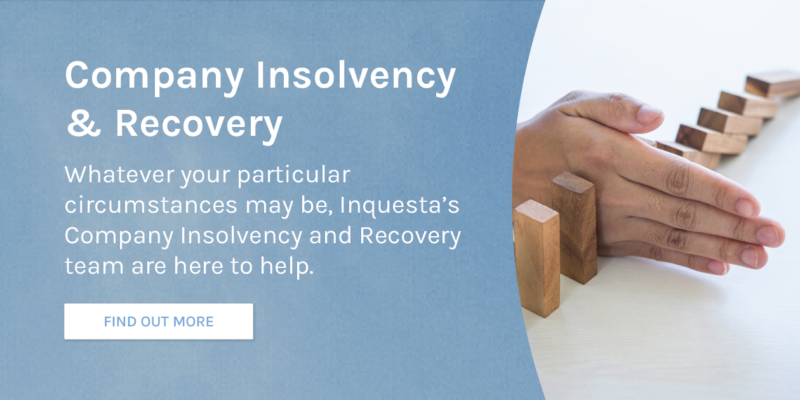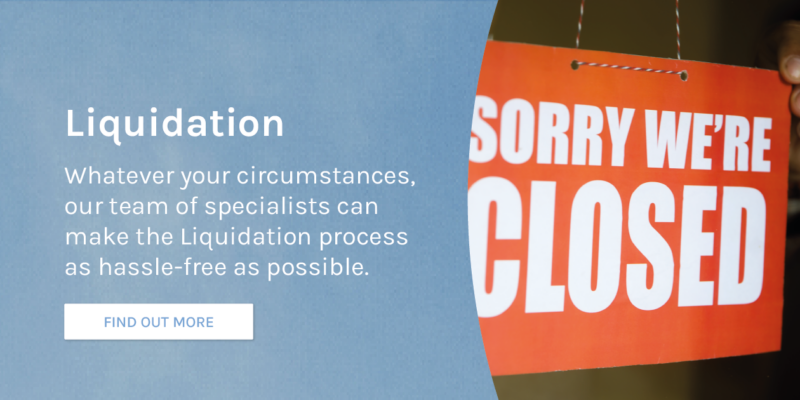The concept of dividends acts as a crucial aspect of the working relationship between a company and its shareholders and directors. However, not all dividends are created equal, and business owners must be sure to tread extremely carefully to avoid the possible pitfalls associated with unlawful dividends.
Amidst the tapestry of corporate governance, the question marks surrounding dividends resonate deeply with stakeholder looking to strike a delicate balance between rewarding investment and ensuring the company’s long-term sustainability is secured. Amongst this topic, director dividends can come under particular scrutiny, not only for their financial implications, but also for their broader implications on corporate integrity and accountability.
Join us as we delve into what director dividends entail, what constitutes unlawful dividends, the primary consequences of such actions on the part of a director, and more. Together, let’s unravel the complexities, challenges, and opportunities inherent in the distribution of dividends and what makes it important to avoid unlawful dividends.
What are Dividend Payments?
Dividend payments refer to the distribution of a company’s earnings to its shareholders. When a company has generated significant profits, it may opt to allocate a portion of this money to its shareholders as a return for their investment in the company.
These payments are typically made on a regular basis, usually either quarterly or annually. However, they can be issued as one-time special dividends.
Dividend payments can take various different guises, including cash payments, additional stock shares, or even assets. The actual amount of dividend a shareholder will typically receive will generally be proportional to their stake in the business.
What is a Director Dividend?
Director dividends refer to the act of distributing profits by a business to its directors. These payments are seen as a form of reward to directors for the time and capital investments they have made and continue to make to the company. As a result, they are often seen as a measure of the company’s success.
Being a company director comes with a number of responsibilities, including playing a pivotal role in the day-to-day running and key decision-making process of the business. This will usually require a significant time commitment. Director dividends exist in order to compensate for this commitment.
While dividends represent an excellent boon for recipients, it’s important that directors do not breach their fiduciary duties by issuing them. Business owners must always act in the best interests of their company — with grave consequences if they fail to do so.
What is an Unlawful Dividend?
An unlawful dividend occurs when a company pays out dividends without having adequate amounts of distributable reserves. Distributable reserves are the profits available for distribution to shareholders after liabilities, expenses, and all other key obligations have been taken into account.
Common reasons for unlawful dividends include:
- Mismanagement from company directors/major shareholders
- Improper accounting practices
- A lack of understanding of key legal requirements
- The business does not have appropriate levels of profit or is insolvent
Regardless of the reason for the unlawful dividends, the consequences can be severe and far-reaching for the shareholder and even for the business itself.
Unlawful Dividend Consequences to Keep in Mind
Unlawful dividends can take place when a company distributes dividends despite not having sufficient profits, is insolvent, or when it fails to comply with legal requirements. This can result in consequences ranging from lawsuits, director’s liability, the onset of insolvency proceedings, the payments being made void and therefore needing to be returned, and more.
The primary consequence of unlawful dividends will vary, but can include:
Voidability
Unlawful dividends will usually be rendered void, effectively overriding the original distribution and returning the funds back to the company’s assets.
This consequence acts as a vital safeguard in corporate governance, aiming to rectify any and all breaches of legal or regulatory frameworks as quickly and as simply as possible, at the source.
Personal Liability
As well as having the unlawful dividends returned to the company, directors could also find themselves personally liable for any losses incurred by the business or its shareholders.
Personal liability is a particularly formidable consequence of unlawful dividends as it places directors directly accountable for any resultant financial harm suffered by the business (or its shareholder). It acts as a potent deterrent against any reckless or negligent behaviour, compelling directors to exercise proper due diligence and ensure that they are acting 100% in the best interests of the business.
Financial Impact
Unlawful dividends will often have a knock-on detrimental effect on the company finances and ultimately its stability.
If the business is forced to repay the dividends, it may also face issues of liquidity and financial strain, potentially jeopardising its operations and ultimately its solvency.
Damage to Reputation
The reputations of both the directors and the company itself can suffer as a result of distributing unlawful dividends. This is because it can be seen as a warning sign of financial mismanagement and poor corporate governance.
Stakeholders such as shareholders and potential investors, as well as potential future customers, could all be put off and lose trust in the company’s management. This may lead to a loss of confidence and a significant hit to the firm’s credibility in the market.
A blow to a business’s reputation is something that is difficult to measure. While not an overt financial hit, it is highly likely to have a serious knock-on effect on a company’s finances for years to come.
Regulatory Scrutiny
A company that has been found to have distributed unlawful dividends may attract the attention of regulatory bodies that are tasked with overseeing corporate governance and ensuring financial practices are undertaken properly.
Regulatory scrutiny can result in investigations, fines, and sanctions against the company and directors, including potentially revoking their ability to pay dividends in the future.
Insolvency Proceedings
If a company has paid unlawful dividends while insolvent or near insolvency, a creditor may challenge the payments during proceedings.
Should the business then become insolvent and enter into formal insolvency proceedings, such as liquidation, the appointed liquidator may look to recover unlawfully paid dividends in order to fairly redistribute assets amongst creditors.
Contact Inquesta Today for Maximum Support
Navigating the realm of director dividends requires a thorough understanding of legal obligations, corporate financial health, and fiduciary responsibilities. While dividends play a significant role in ongoing corporate financing, directors must exercise extreme caution to ensure that payments are both lawful and in the best interests of the company and its shareholders.
An unlawful dividend, regardless of its cause, can lead to dire and direct consequences for directors and the company itself. From voidability and personal liability, to additional financial strain and damage to reputation, the potential repercussions of unlawful dividends are multifaceted and far-reaching.
The Inquesta team of insolvency experts are ideally positioned to provide guidance, expertise, and strategic solutions to any directors grappling with potential unlawful dividend issues. We can help directors navigate these challenges, safeguard the interests of the business and its stakeholders, while also promoting sound financial strategies to secure your future.
We are on hand to conduct through financial analyses to assess solvency, offer restructuring advice to help stabilise the business, and resolve potential disputes with creditors or a regulatory body. Inquesta are also ideally placed to guide directors through insolvency proceedings when necessary, facilitating greater communication with stakeholders and creditors, as well as advising on ways you can prevent future issues.
Get in touch with a member of our team today and discover what makes our expertise instrumental in safeguarding the best interests of your company, while mitigating the legal and financial risks often associated with unlawful dividends.




